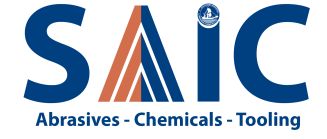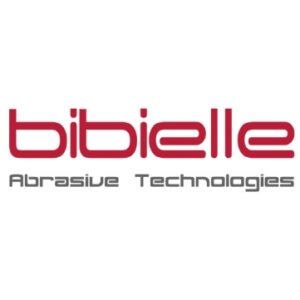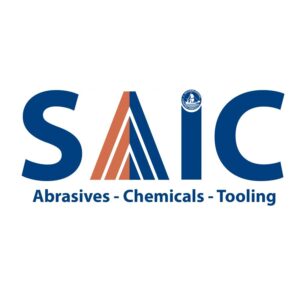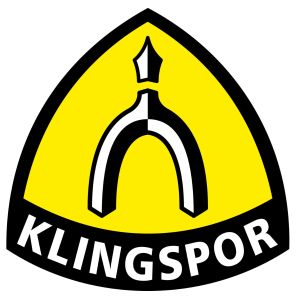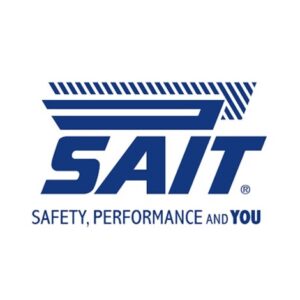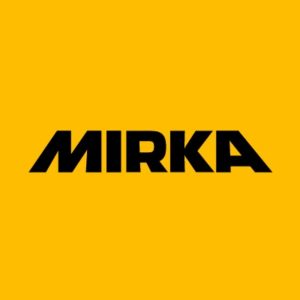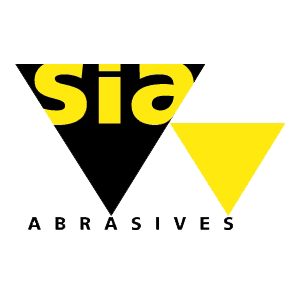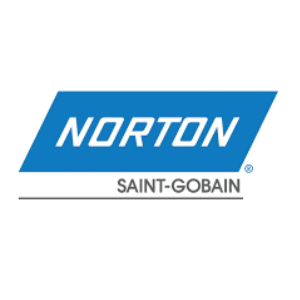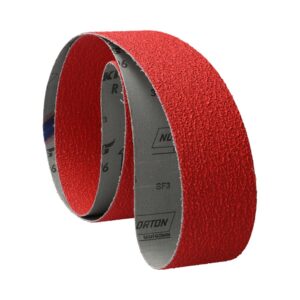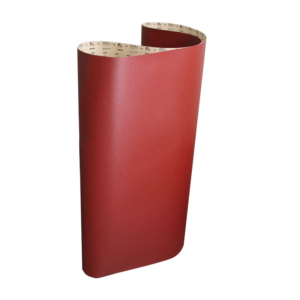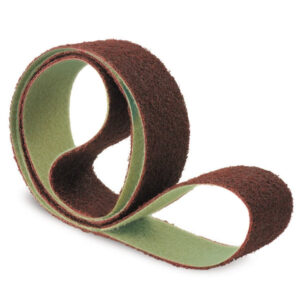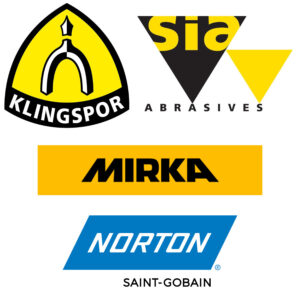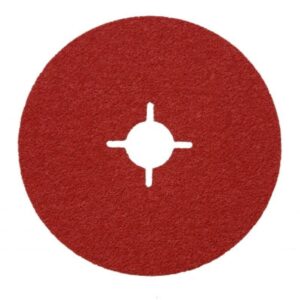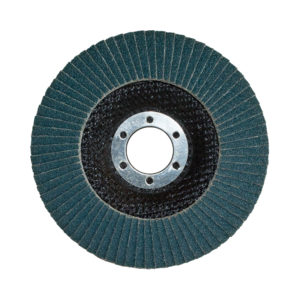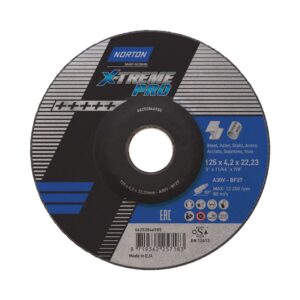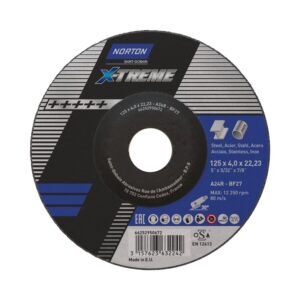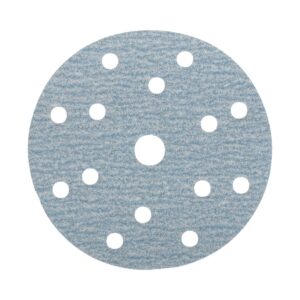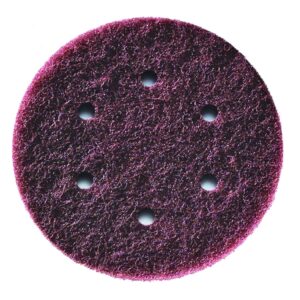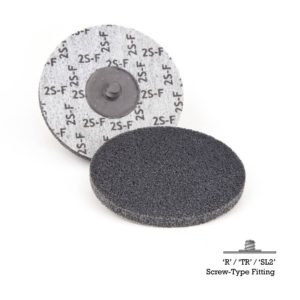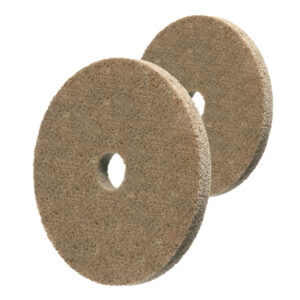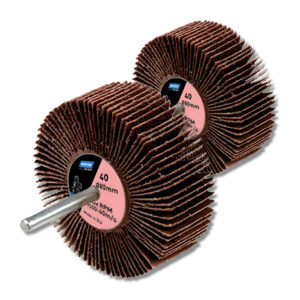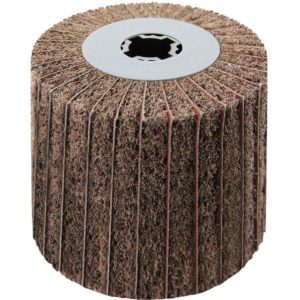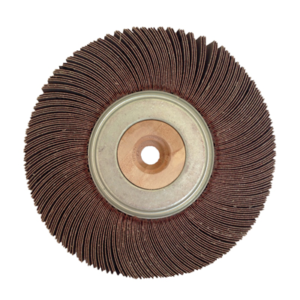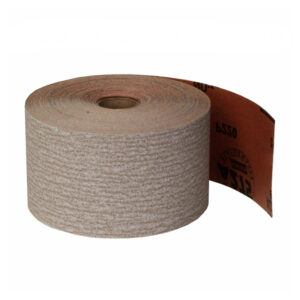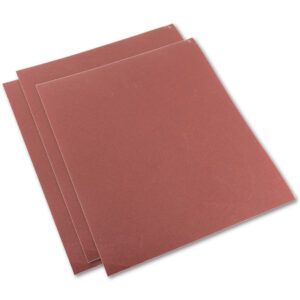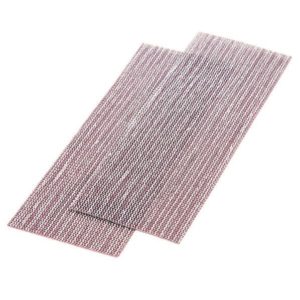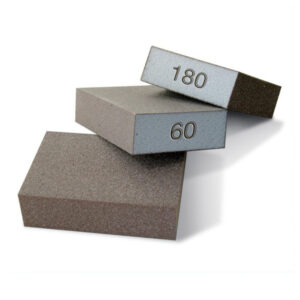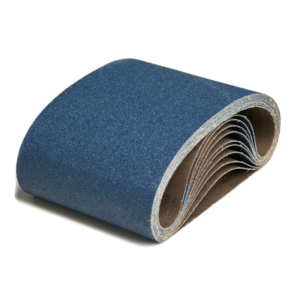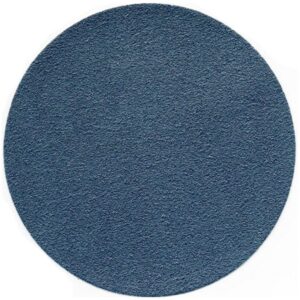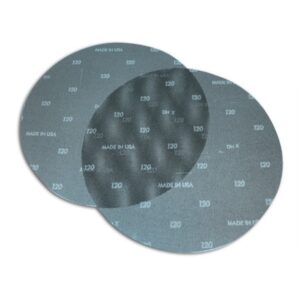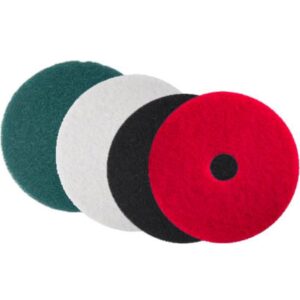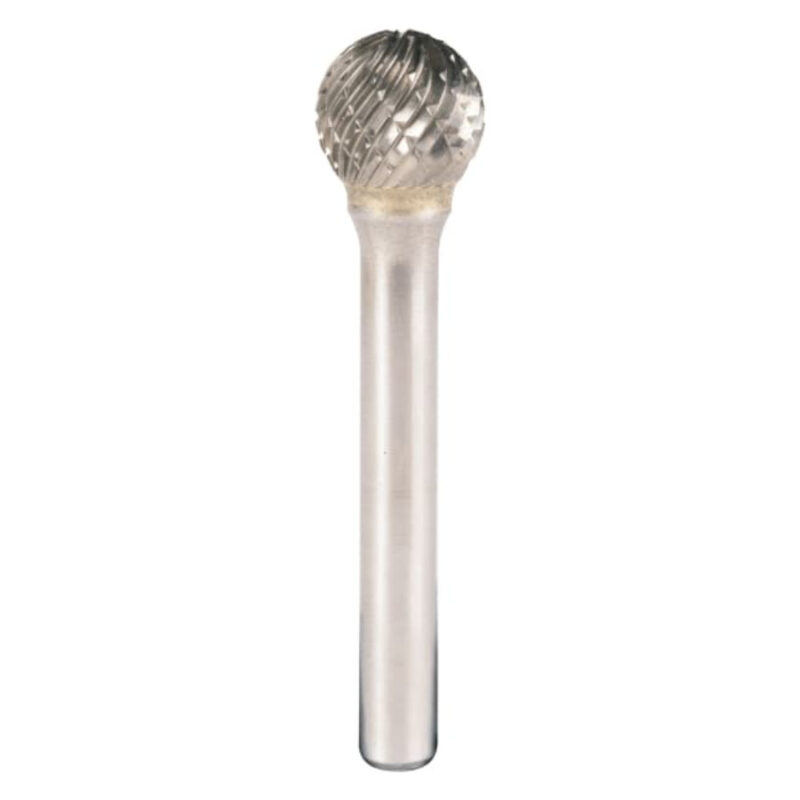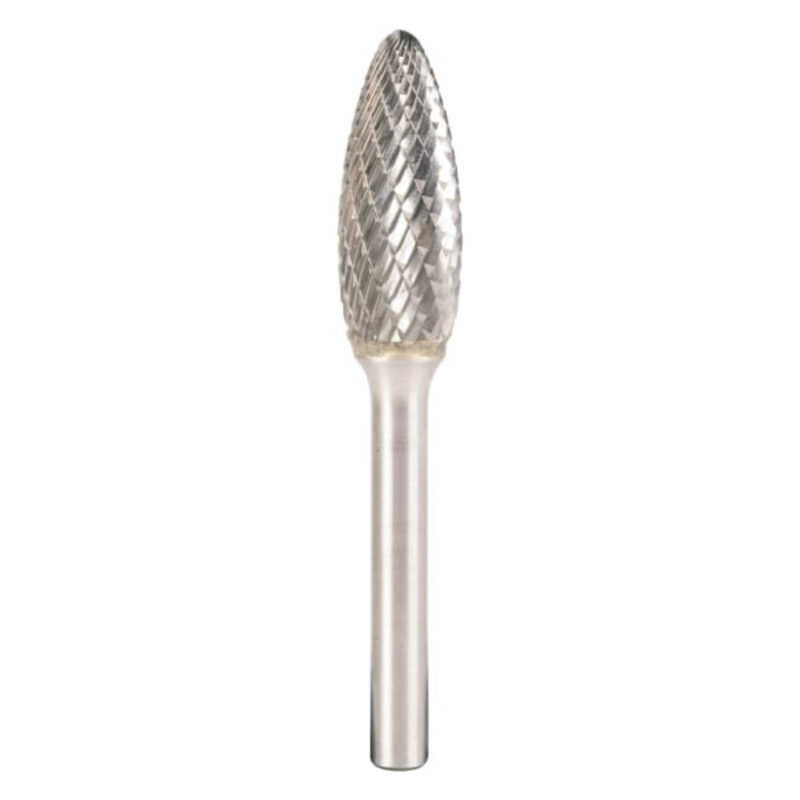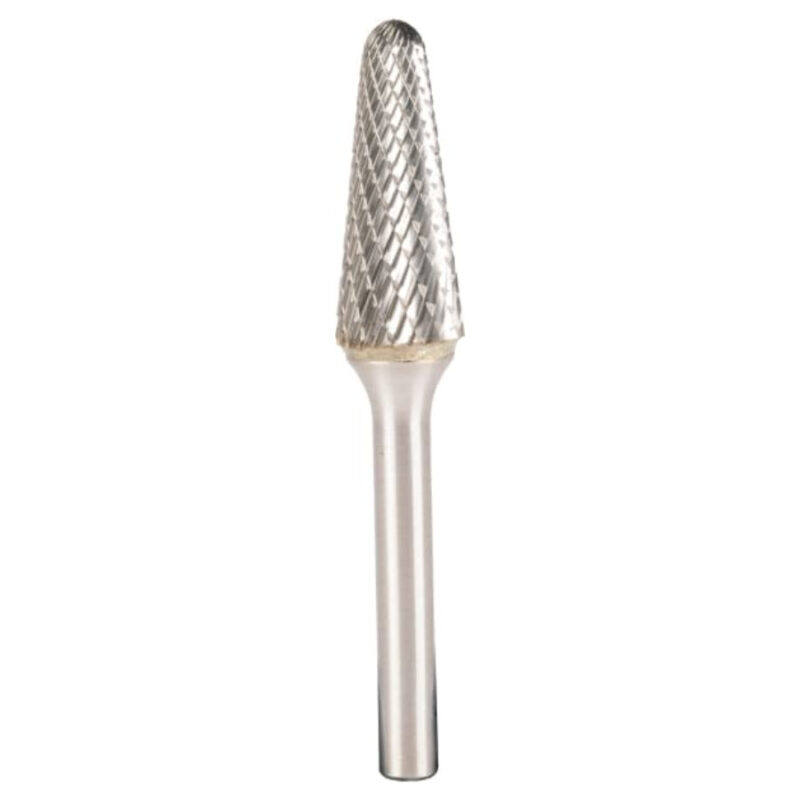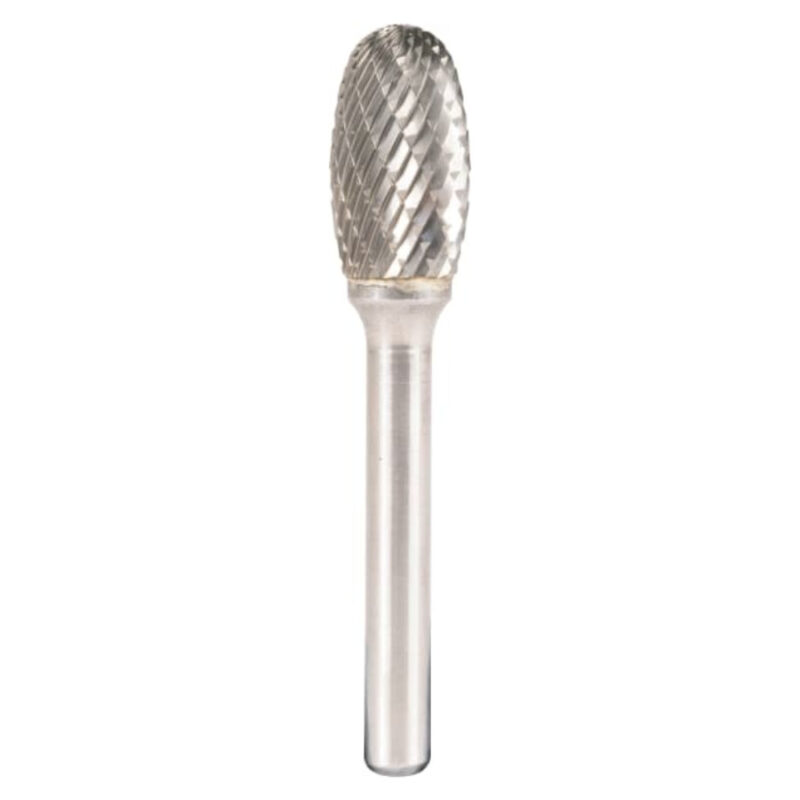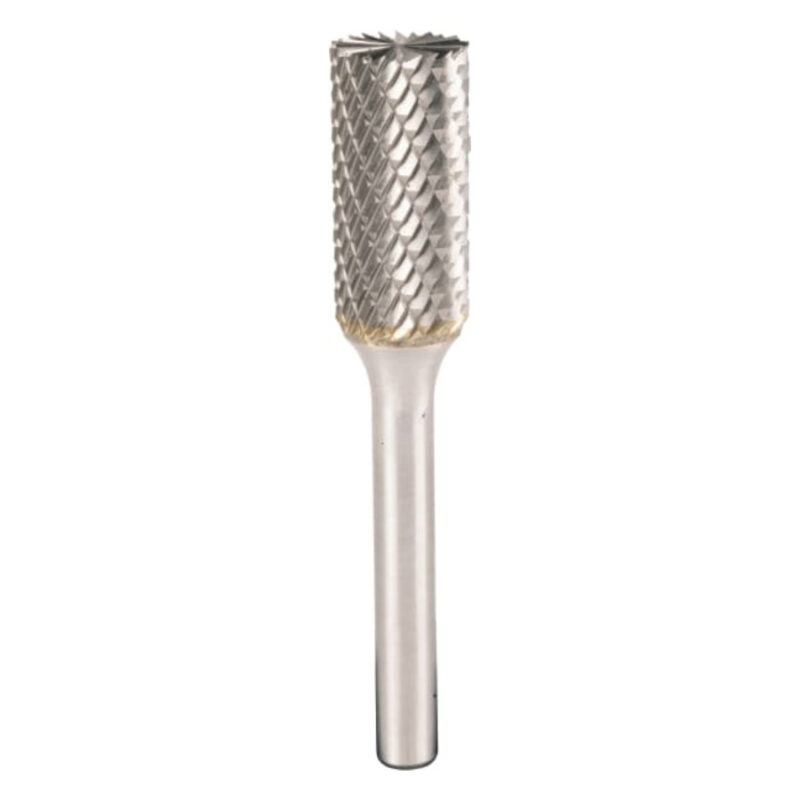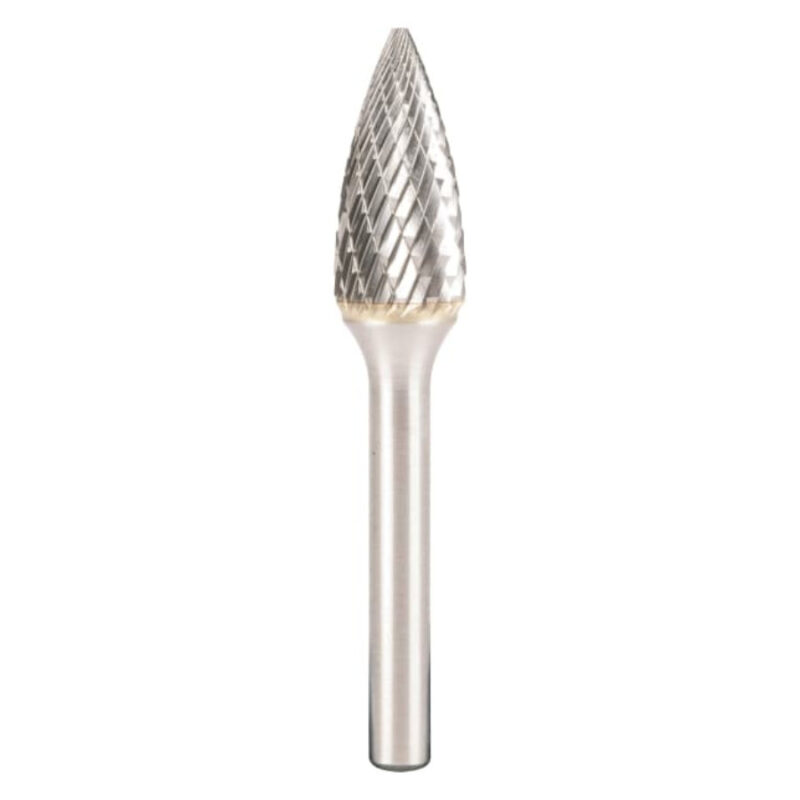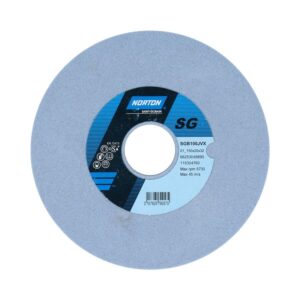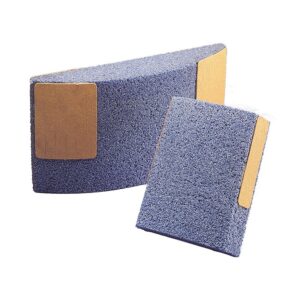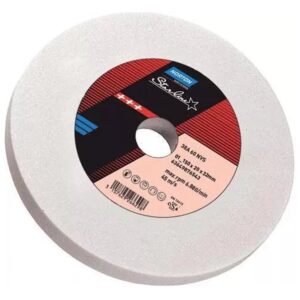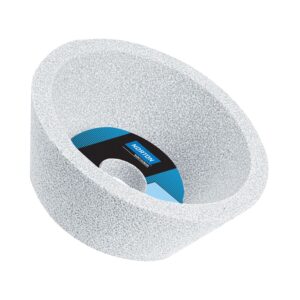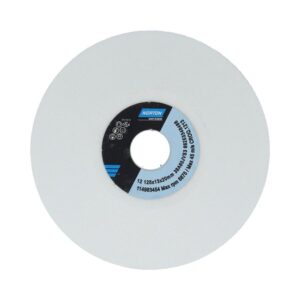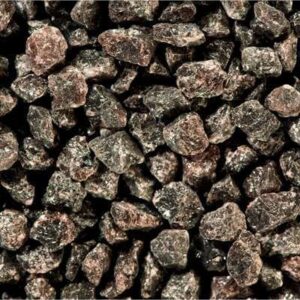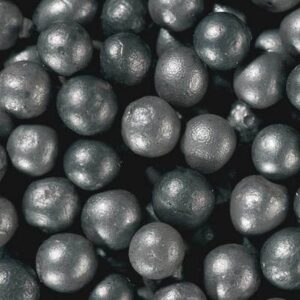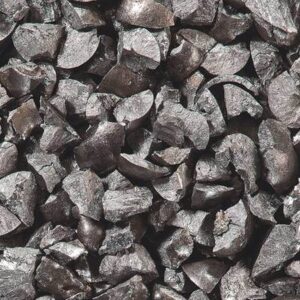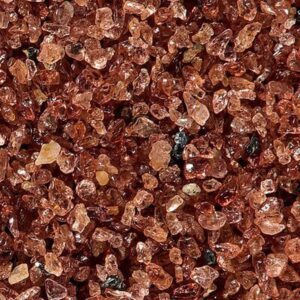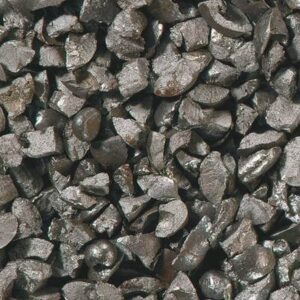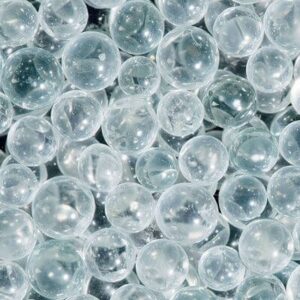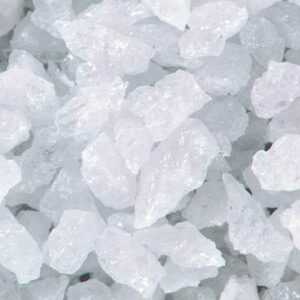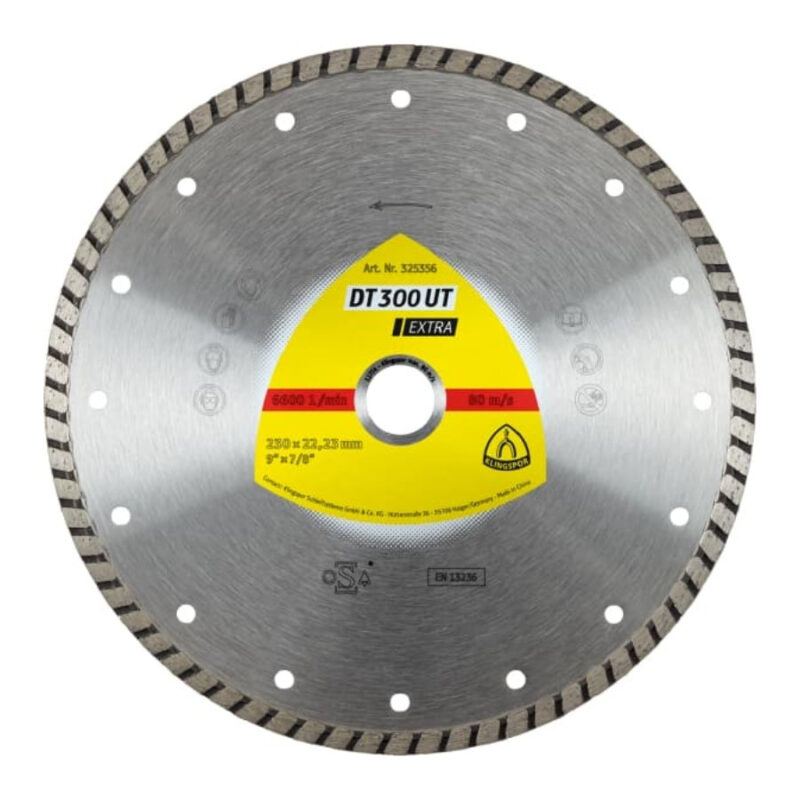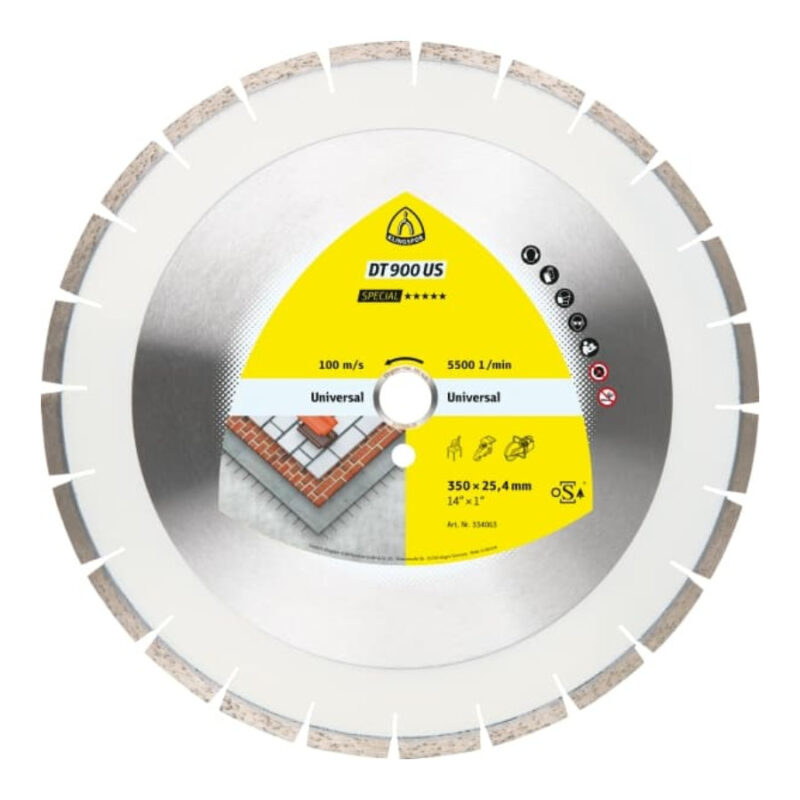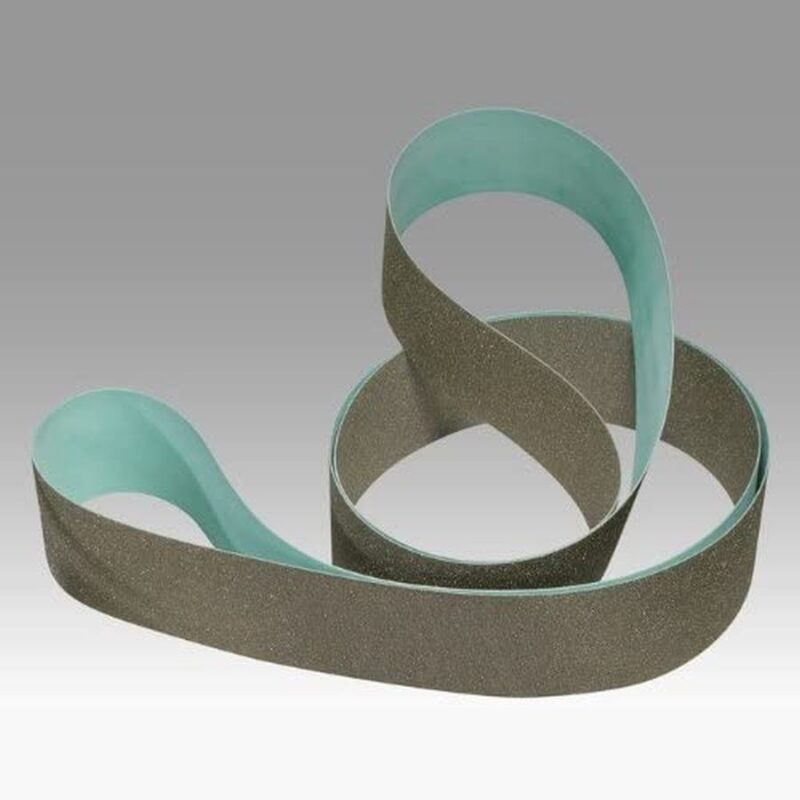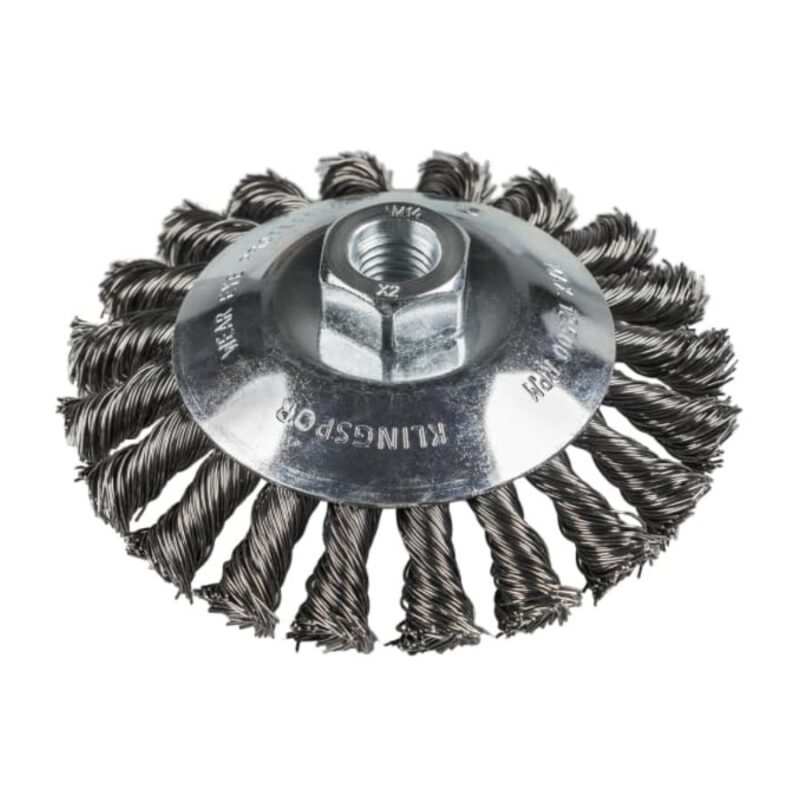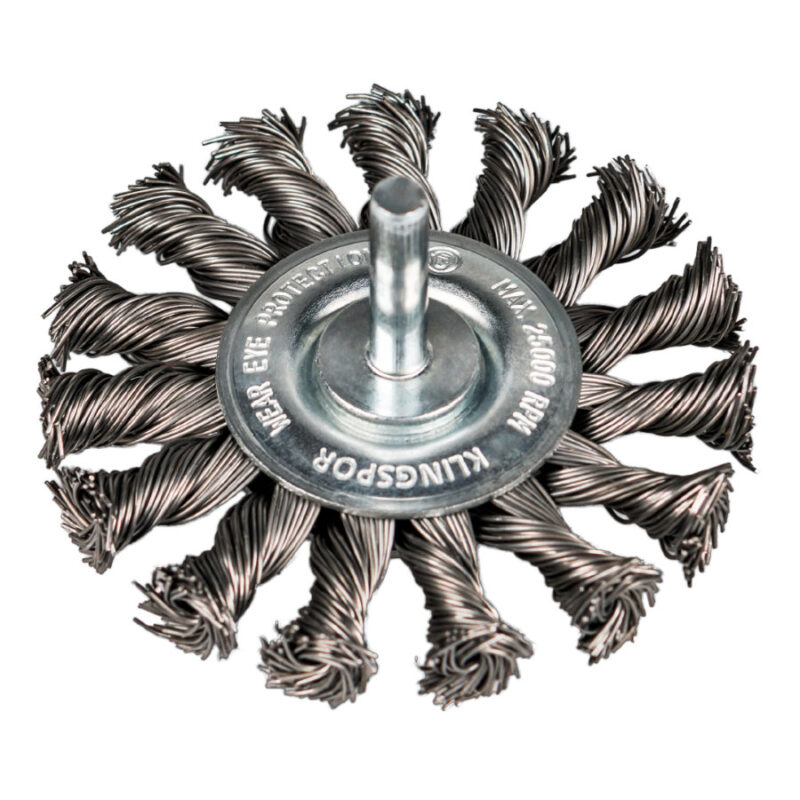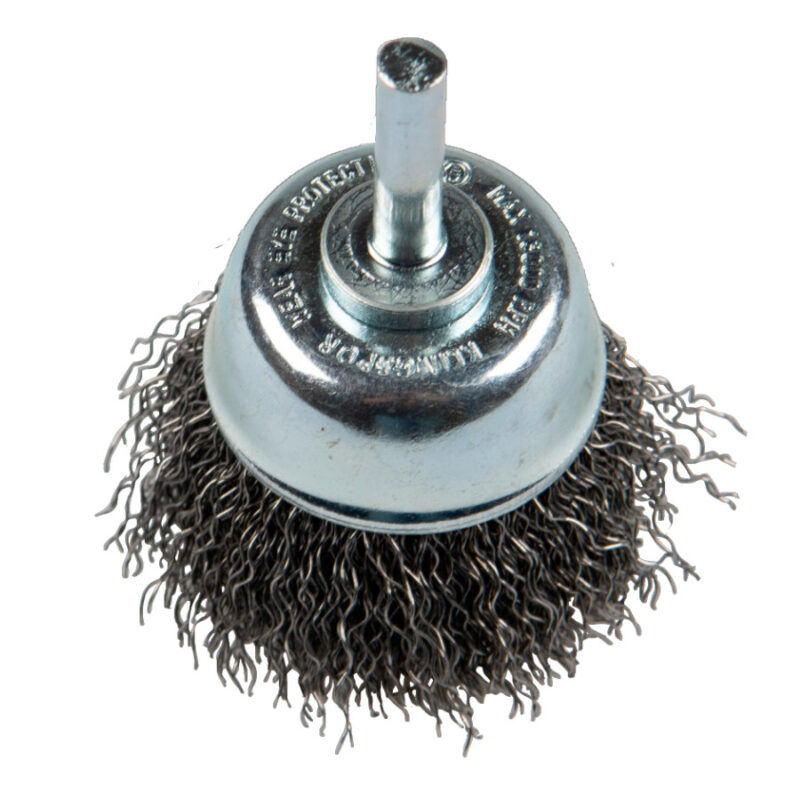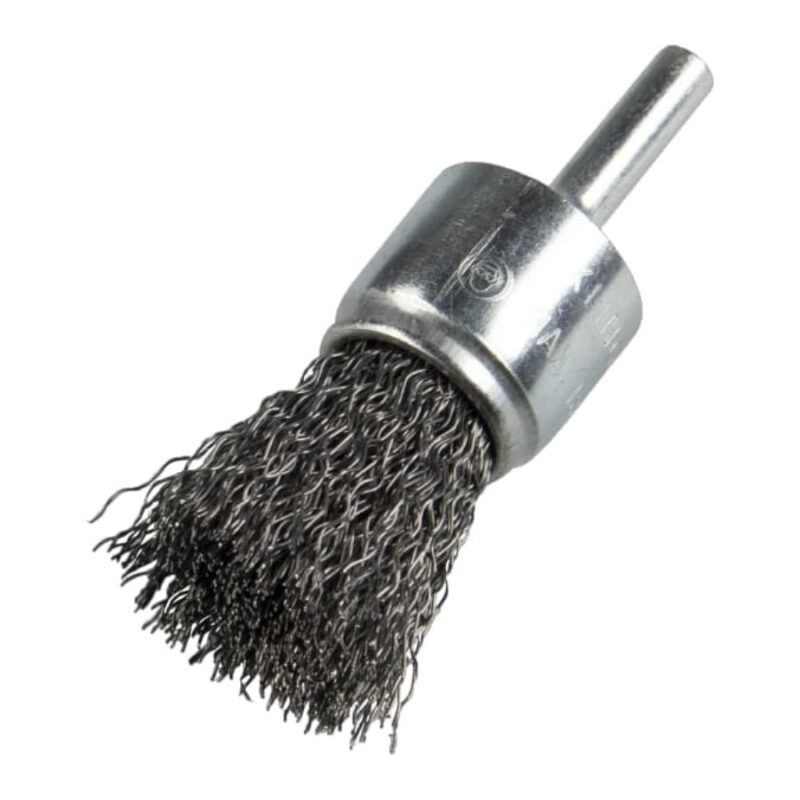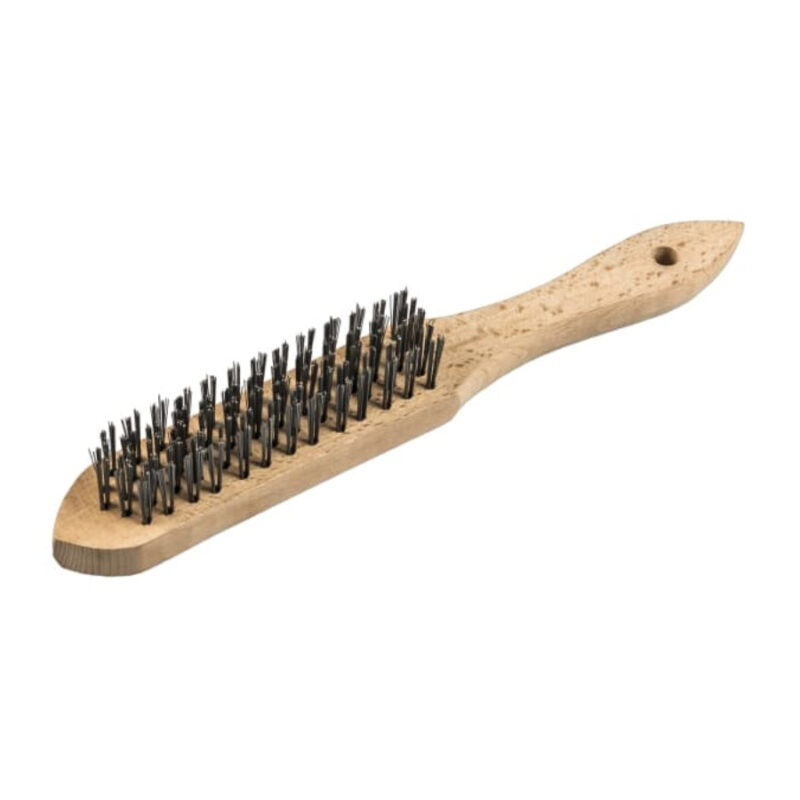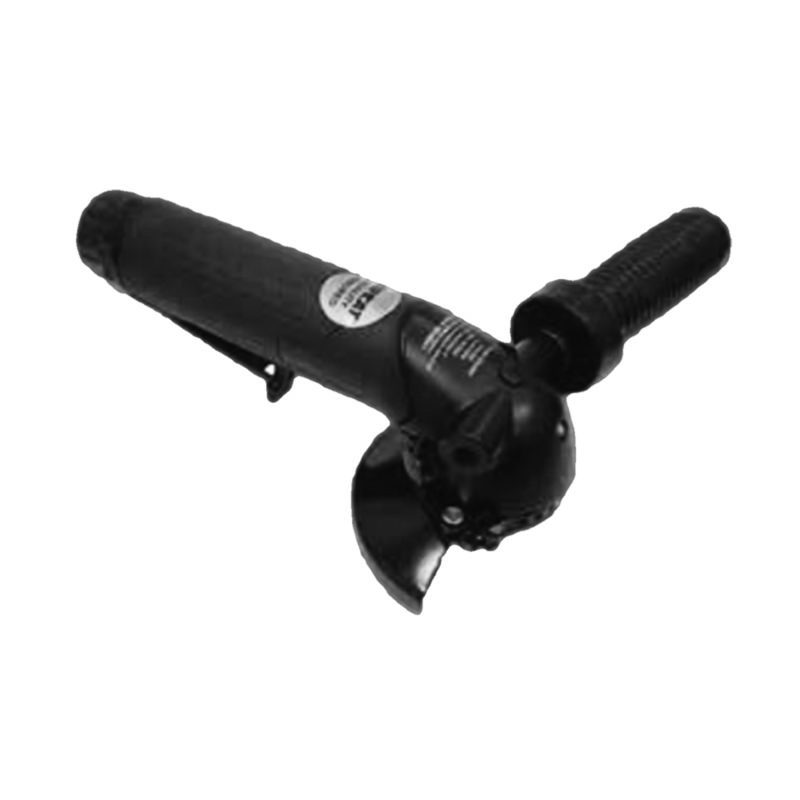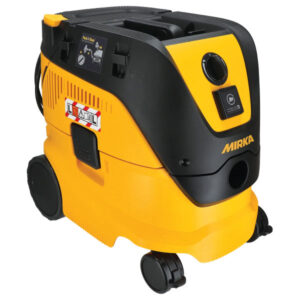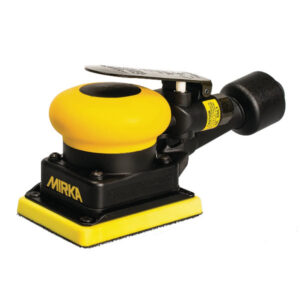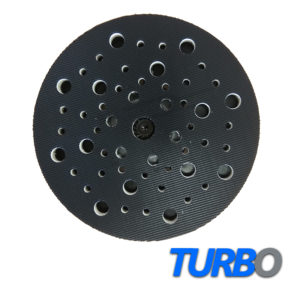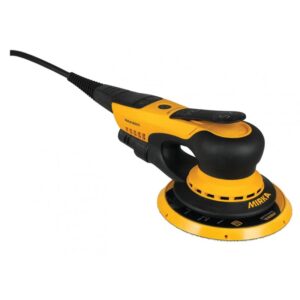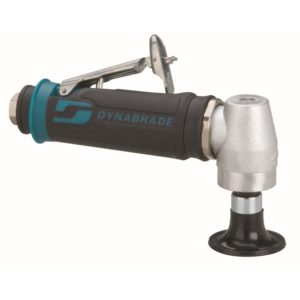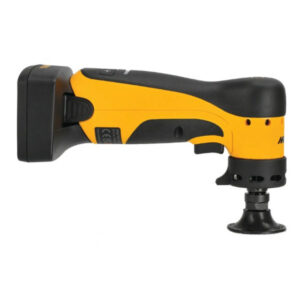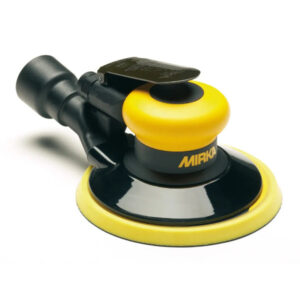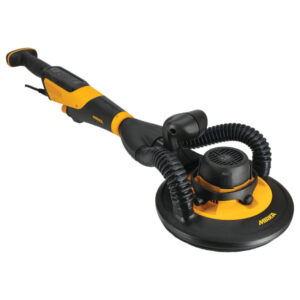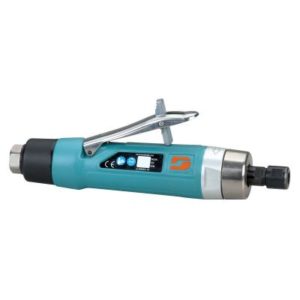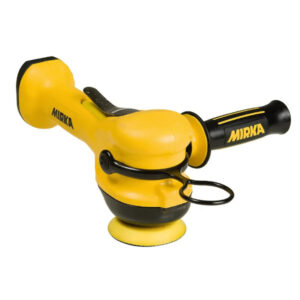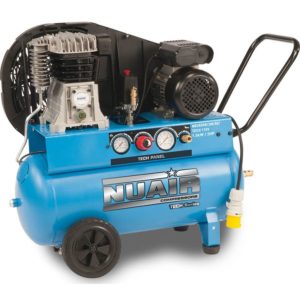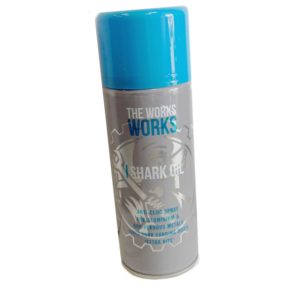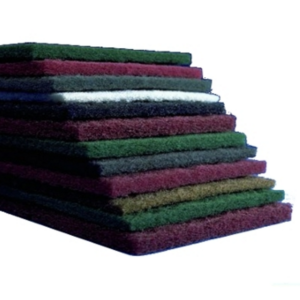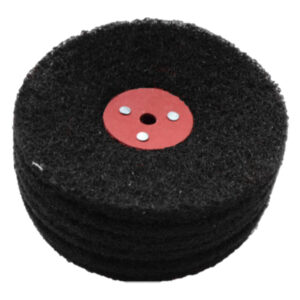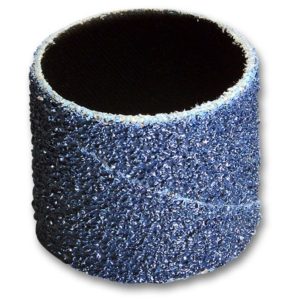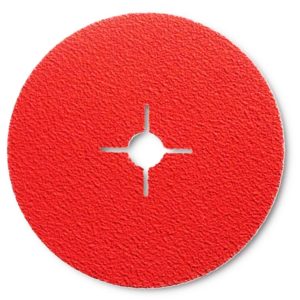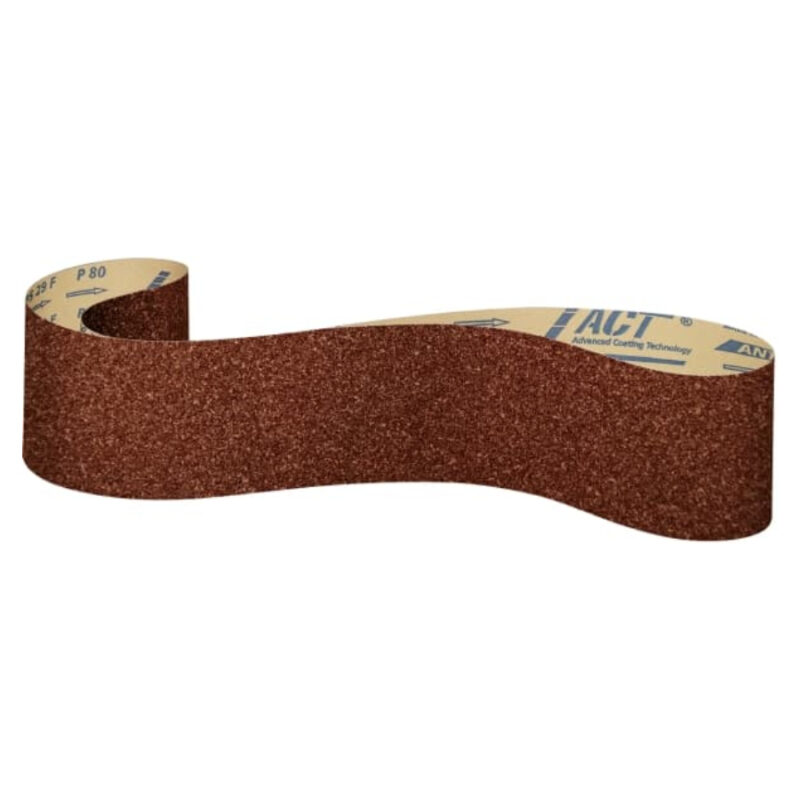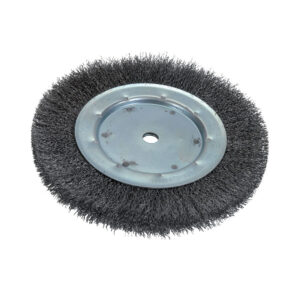General Metalworking
The metalworking industry involves a variety of processes including cutting, grinding, and polishing, all of which require the use of abrasives. Abrasives are materials that are used to remove material from a workpiece by means of friction and are available in a variety of forms including bonded abrasives, coated abrasives, and non-woven abrasives.
One of the most common types of abrasives used in the metalworking industry is aluminum oxide. This abrasive is available in various forms including sandpaper, grinding wheels, and cut-off wheels. Aluminum oxide is a versatile abrasive that is effective at removing material from a range of metals including steel, aluminum, and brass.
Another common abrasive used in the metalworking industry is silicon carbide. This abrasive is often used in grinding wheels and cut-off wheels and is particularly effective at removing material from harder metals such as stainless steel and titanium.
For applications that require a high level of precision, diamond abrasives are often used. These abrasives are available in various forms including diamond grinding wheels and diamond-coated tools. Diamond abrasives are highly effective at removing material from hard metals and can provide a high level of precision.
In addition to bonded abrasives, coated abrasives are also commonly used in the metalworking industry. Coated abrasives are made by attaching abrasive grains to a backing material such as paper or cloth. Sandpaper is a common example of a coated abrasive and is available in various grits for use in a range of metalworking applications.
Non-woven abrasives are another type of abrasive used in the metalworking industry. These abrasives are made by compressing layers of non-woven fibers together and can be effective at removing material from a range of metals. Non-woven abrasives are available in various forms including discs, belts, and wheels.
When selecting abrasives for use in the metalworking industry, it is important to consider the specific application and the type of metal being worked on. Factors such as grit size, abrasive type, and backing material should all be taken into account to ensure that the best abrasive is selected for the job.
In addition to abrasives, metalworking also involves the use of cutting fluids to help lubricate the cutting process and extend the life of the tool. Cutting fluids are available in various forms including oils, emulsions, and synthetics, and can provide benefits such as reducing heat and improving tool life.
Overall, the metalworking industry relies heavily on abrasives to cut, grind, and polish a wide range of materials. By selecting the right abrasive for the job, metalworkers can achieve the desired finish while minimizing waste and reducing the need for rework.
